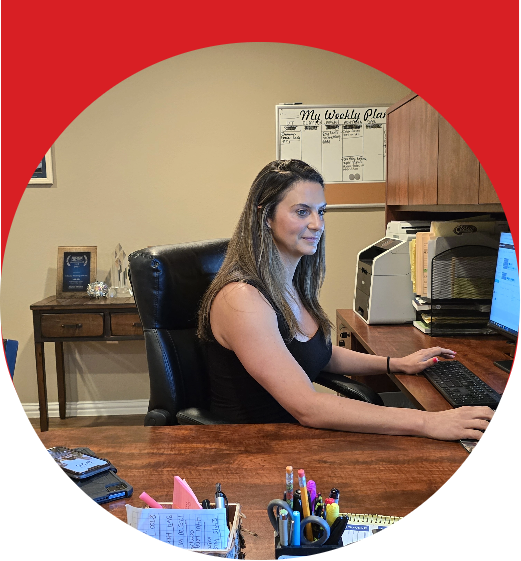Indoor Air Quality Services in Plano, TX - Breathe Easier at Home
Imagine breathing clean, fresh air every day in your home. How much better would you feel? The importance of indoor air quality in Plano, TX cannot be overstated, especially when it comes to your health and comfort. Poor air quality can contribute to allergies, asthma, and other respiratory issues.
At ClassicABC, we understand the challenges of maintaining excellent indoor air quality in Plano, TX. We are dedicated to providing top-tier solutions that ensure you and your family breathe easy.
Let’s explore how Classic Heating & Air can help you achieve the best iaq indoor air quality. Also, ensure proper airflow and temperature control in your home with our attic ventilation solutions, designed for efficiency and comfort.
Other Services
Upgrade your home’s insulation with our reliable insulation replacement services, enhancing energy savings and comfort levels.
Breathe Easy With Our Indoor Air Quality Services
Expert Curation of Air Quality Solutions
We don't just provide generic solutions. Our team of experts carefully curates indoor air quality solutions in Plano, TX, tailored to meet your home's specific needs. From high-efficiency filters to advanced air purifiers, we have the tools and expertise to keep your air clean and fresh.
Tasting Notes for Your Air?
Just like a fine wine, the air you breathe has its own "tasting notes." Our indoor air quality tester tools can detect and measure various pollutants, giving you a detailed report on the quality of your air. This allows us to recommend the most effective solutions for your home.
Exclusive Deals for Subscribers
By subscribing to our services, you gain access to exclusive deals that make maintaining your home's air quality more affordable. Whether you need regular filter replacements or a one-time installation, we offer discounts and promotions to help you save on indoor air quality costs in Plano, TX.
Accurate Indoor Air Quality Tester Tools Every Homeowner Needs
Our indoor air quality tester tools are designed to provide accurate and reliable readings. These high-precision monitors can detect even the smallest pollutants, giving you a clear picture of your home’s air quality.
Easy-to-Use Devices
Your search for an "indoor air quality tester near me" ends here! We deliver precise air quality assessments and the best advice for a cleaner, safer home.
Real-Time Data
Get real-time updates on your air quality with our advanced monitoring systems. These devices provide instant feedback, allowing you to take immediate action if levels of pollutants rise.
Smart Integration
Our air quality testers can be integrated with other smart home devices, providing a seamless experience. You can control your air quality from your smartphone or smart speaker, making it easier than ever to maintain a healthy home environment.
Maintenance Alerts
Stop searching for an "indoor air quality tester near me." We provide professional testing services with built-in maintenance alerts so you never miss a filter change.
Enhance your comfort with our top-quality air purifiers and filters, designed to reduce pollutants and allergens in your home.
Why Choose Our Services For Indoor Air Quality in Plano, TX?
Are you searching online for “indoor air quality near me”? As a leading indoor air quality company in Plano, TX, we have been a trusted name in the industry for years. Our team of professionals is highly trained and experienced in all aspects of indoor air quality. When you choose us, you can be confident that you’re getting expert service.
Comprehensive Solutions
We offer a full range of indoor air quality services to meet all your needs. From installation to maintenance, we provide comprehensive solutions that keep your home healthy and comfortable.
Customer-Centric Approach
Are you concerned about indoor air quality in Plano, TX? We focus on your specific needs, offering advanced solutions that improve air circulation and reduce pollutants.
Commitment to Quality
For top-tier indoor air quality in Plano, TX, we use the latest technology and high-quality materials to guarantee your home's air remains clean and healthy.
Community Focused
We are proud to serve the Plano, TX community. We believe in giving back and supporting our local community through various initiatives and partnerships. When you choose us, you're also supporting a company that cares about the community.
Improving your indoor air quality in Plano, TX, is essential for maintaining a healthy home environment. Call ClassicABC at 214-851-2824 to learn more about our services.
FAQs
Once you submit, we may reach out to you via phone, email, or text to fetch information, which you can opt out of at any time. We will never share your personal information with third parties for marketing purposes. Consent is not a condition of purchase. Message/data rates apply.
What Our Customers are Saying
We service Plano, Texas and surrounding areas
Our Blog
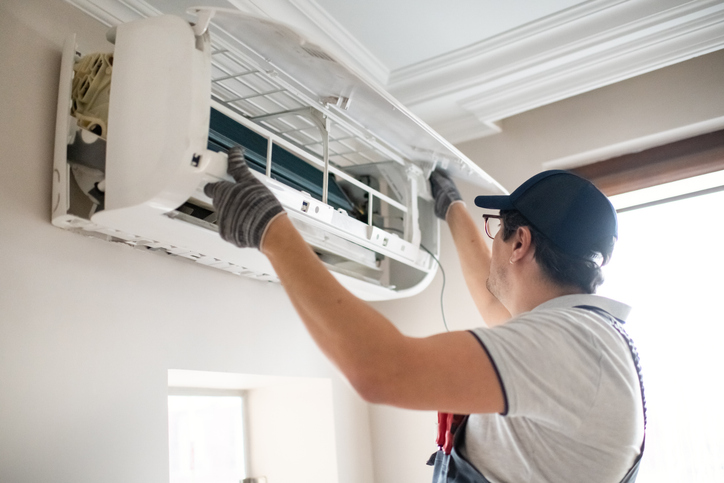
How AC Maintenance Reduces Noise and Improves Unit Efficiency
Introduction A loud, struggling AC isn’t just annoying—it’s a warning. Humming, buzzing, or rattling often signal worn or misaligned parts. Ignoring
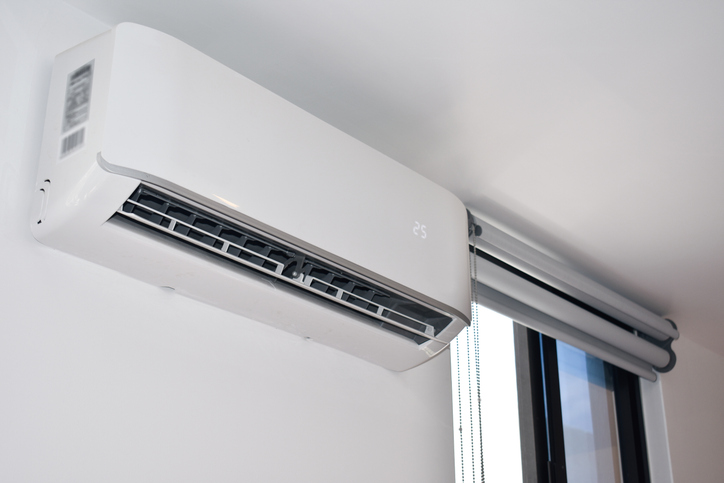
Seasonal Ductless AC Maintenance Tasks for Long-Term Efficiency
Introduction Modern ductless systems offer precise comfort control, especially in homes with multiple zones or limited ductwork. But like any high-efficiency
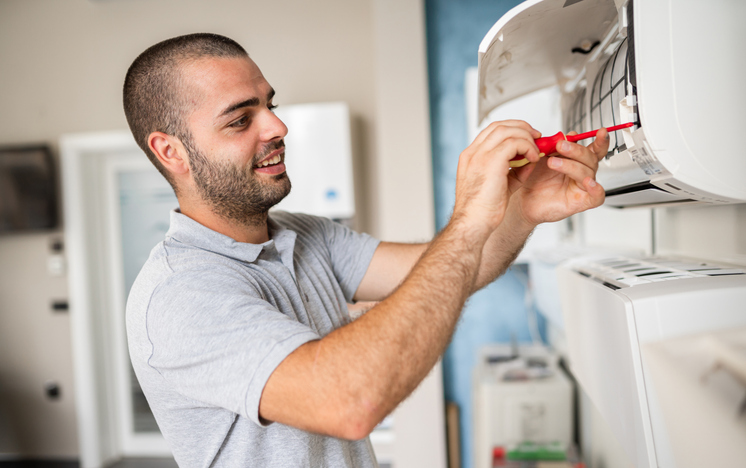
How AC Replacement Solves Uneven Cooling in Multi-Room Homes
Introduction Uneven cooling is one of the most frustrating problems for homeowners with multi-room properties. Some areas feel like freezers, while
 Schedule a Service
Schedule a Service
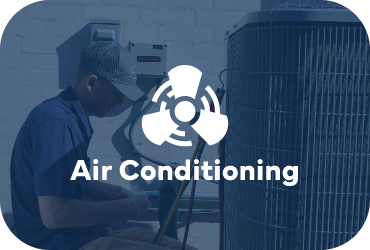
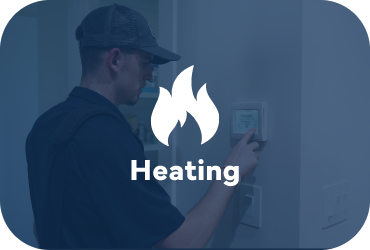
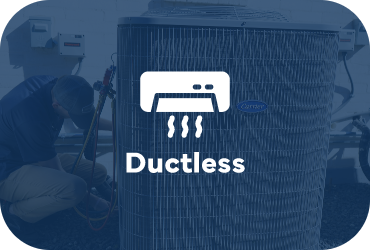
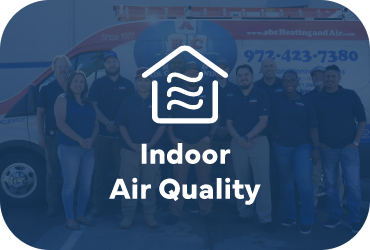
 Call Us 214-851-2824
Call Us 214-851-2824